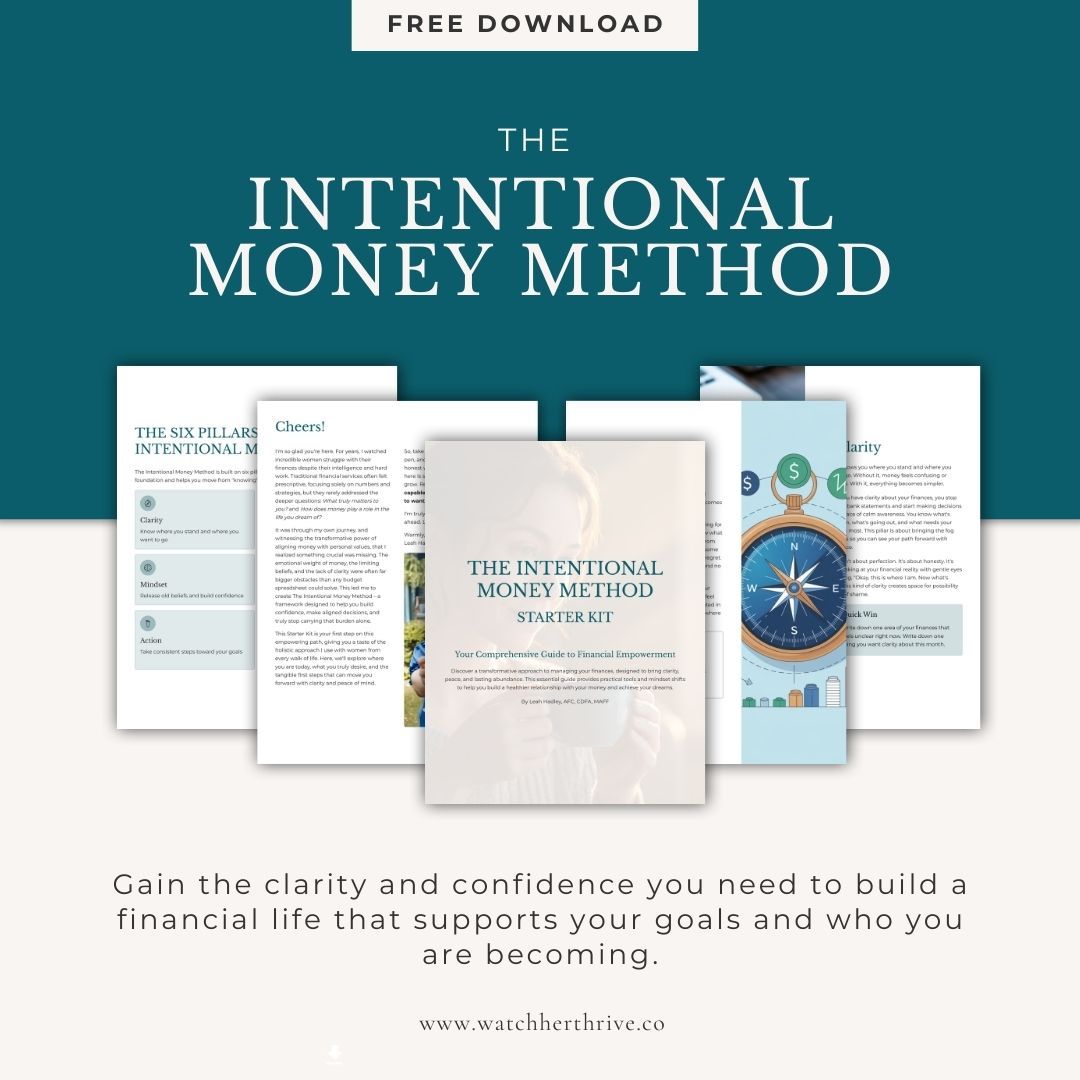Why Invest in Stocks?

Fear of stock market volatility often holds investors back. However, historically, investing in stocks has been an essential tool in building wealth and can serve as an important part of a diversified portfolio. Today we're exploring why investing in the stock market matters.
Reasons Why to Invest in Stocks
Stock equals ownership
A stock represents ownership in a company. Your portion of ownership will depend on how many shares you hold compared to the total number of shares issued by the company.
Investors who purchase stock are known as the company's stockholders or shareholders. The price of a stock reflects the public's level of interest in owning the shares. If many investors want to buy shares, they bid against one another, increasing the price. If interest is low, there are fewer competing bids, and the price of shares is likely to decline.
You may hold the stock in the form of a stock certificate, which identifies you as the owner and the number of shares you own. Alte
...What to Know About Stocks Before Investing

In our ongoing series on facing your investing fears, we delve into the common obstacle that might be preventing you from venturing into stock investments: a lack of knowledge. Don't let the fear of the unknown hold you back from potential opportunities in the stock market. Join us as we explore how gaining a deeper understanding can empower you to make informed investment decisions.
Here's what you need to know about stocks before investing.
What are stocks?
Companies sell shares of stock to investors as a way to raise money to finance growth, pay off debt, and fund operations. Each share of stock represents a share of ownership in the company. As a shareholder, you share in a portion of any profits and growth of the company. The company pays dividends from earnings to stockholders, and growth is realized by the increase in the stock's value.
Why invest in stocks?
The primary motive behind investors purchasing stocks is the anticipation of witnessing an increase in the value
...Diversification: How to Invest Money Wisely

Wondering how to invest money wisely? While there are no guarantees when it comes to investing. a solid portfolio is a key factor in your success. If you learn how to make your portfolio the best it can be through diversification and risk assessment, you’ll be able to increase your chances for success while simplifying the investment process.
How to Invest Money Wisely - Choose Categories
Diversification comes down to choosing the categories of investment you hold in your portfolio. It allows you to stretch out the money you have to invest over several different areas. Instead of putting all of your money in one place, you can allocate it to different styles of investing to reduce your risk while increasing your chances of success. Big events and major losses will create less of a blow when you have successfully diversified your portfolio.
The most common choices, especially for new investors, are stocks, bonds, and cash. Some investors may choose things such as money market funds a...
Don't Believe These Investment Myths

As you learn more about investing, it can become apparent that there are many investment myths out there, ranging from absolutely ridiculous practices to things that may seem almost legitimate. No matter whether you get the information from a peer or an investment professional, be sure to keep an eye out for these common investment myths.
Don’t Believe These Investment Myths
Of course, each investor is different. There are no hard and fast guidelines that apply to everyone when it comes to balancing risk, but it does help to have a good understanding of what to look for.
Myth #1: Risk Definition is Static
Risk means different things to different investors. The way you manage risk has to do not only with the amount of money you’re investing but also your personality. Outside of investing, look at how you manage risks and how you associate them with your day-to-day life. Rather than focusing on whether something is “risky” in the market, consider what a risky investment means to yo...
Reduce Your Fear with a Simple Checklist: What to Discuss with Your Financial Advisor

This week we continue to explore investing fears. For some, they know that they need a financial advisor, but they feel intimidated when thinking about meeting one. That could be because they have no idea what to ask during the meeting. While the financial advisor will guide the conversation, you want to make sure they address your questions and concerns. Here's a checklist for the first meeting and subsequent meetings.
Related post: Investing Doesn't Have to be Scary: Selecting a Financial Advisor to Be Your Guide
First Meeting: Financial Advisor Checklist
- Why did you become a financial advisor?
- How long have you been a financial advisor?
- What credentials do you hold?
- What types of clients do you typically work with?
- What services do you offer?
- How are you compensated?
- Are you held to a fiduciary standard?
- What is your investment philosophy?
- How do you typically communicate with your clients?
- Will I have a written financial plan? How frequently will it be reviewed?
An...
Investing Doesn't Have to be Scary: Selecting a Financial Advisor to Be Your Guide

For the next week, we are going to explore why many people are fearful when it comes to investing. If you don't have much knowledge of investing, it is essential to work with a financial advisor. However, what if it's choosing the advisor that has you at a standstill?
As a financial advisor who has worked for a few different financial institutions in my career, I have known A LOT of financial advisors. As with any profession, there are some excellent financial advisors, and there are ones that leave a lot to be desired.
Often, when I sit with prospective clients, they talk about being worried that their existing financial advisor is taking advantage of them. I think it's valid to be worried about getting taken advantage of. I have seen many portfolios come across my desk where it is clear that the financial advisor who sold the investments made more than the client ever did.

How to Choose a Financial Advisor
Choosing the right financial professional is essential toward reaching ...
Afraid Money is Destroying Your Friendship? Here are 10 Do's & Don'ts

People widely acknowledge and discuss how money can negatively impact romantic relationships, but sometimes money causes tension in friendships, too. This is especially true when there is a large discrepancy in income between friends. Here are some simple do's and don'ts to keep money from ruining your friendship.
To Keep Money From Destroying Your Friendships, Remember These Do's
Be honest if you're having financial challenges.
Your friends are not mind-readers and may or may not even realize that money is causing tension in your relationship. If they are real friends, they are not going to care that you would rather invite them over for a cup of coffee than go out for expensive dinner. Just be honest and find things that you like to do together that are free or don't cost much.
Be honest about your financial goals.
I know that money is still a taboo topic in many social circles, but honesty is so important for relationships to thrive. You may not be struggling financially, but y...
How to Talk to Your Spouse About Money Problems

Afraid to talk to your spouse about money problems? Money is a common argument amongst couples, and unfortunately, it often gets so bad that it leads to divorce. The earlier you can address financial stress in your relationship, the more likely you can resolve it. The best thing you can do for your relationship is to work together to solve your financial problems.
Premarital counseling can prevent a lot of problems. The theory is that talking about significant issues before getting married can reduce the friction caused by different beliefs and behaviors. Discussing topics like child-rearing, managing conflict, and managing money are essential before getting married. Waiting to sort out the differences after the honeymoon period can be hard.
If you've been married a while and now realize that you and your spouse don't agree on finances, it's important to get a handle on things before they affect your relationship. Money can create a great deal of strain in a relationship.
What shoul...
Fear of Going Back to Work

Wondering what to do after being a stay-at-home mom? Whether you’re going back to work because you want to or because of a financial obligation, it can be challenging to get back into the workplace environment and the schedule it usually entails. No matter why you’re doing it, you can face your fear of going back to work.
Have a Plan for Going Back to Work After Being a Stay-at-Home Mom
Even if you have to jump back into a career on short notice, the more planning you can do ahead of time, the easier the transition will be. Get your kids on a schedule that’s similar to the one you’ll have when you go back to work.
It’s vital that everyone in the house knows their expectations and has a clear idea of what the routine will be like once you return to work. By preparing your family, you can help reduce some of the stress on that first day back to work.
If you’re using childcare when you go back to work, you may want to start that early, too. It’s much easier to get a call from dayc...
Facing Your Fear: How to Ask for a Raise When You're Underpaid
Asking for a raise can be uncomfortable for many of us. However, as I teach my children, if you don't ask the question, then the answer is always going to be no. If you want a raise and you feel like you've earned it, you need to ask for it. This is particularly true if you've taken on additional responsibilities but never been compensated for the additional value you're providing to the company.
Related post: Tips to Negotiate a Higher Starting Salary
Here are strategies for how to ask for a raise when you're underpaid:
Know your company’s mission and goals.
Why is it essential to have a handle on your company's mission and goals? You’ll want to infuse them throughout your pitch for a higher wage. Show how the work you do aligns with your organization’s goals and mission.
Do your homework.
Knowing what the market rate is for your position is helpful when asking for a raise when you're underpaid. It costs companies a lot of money to bring on new employees and is generally cheape...



